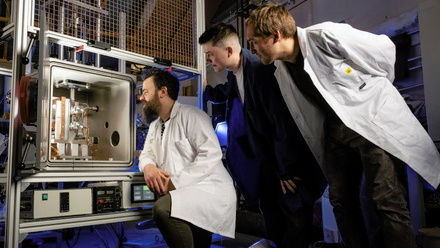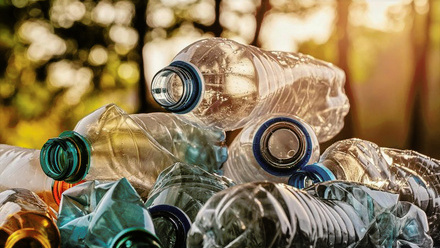Designing biomaterials with AI
A data-driven approach to biomaterials is using artificial intelligence (AI) to predict water repulsion and protein adsorption, allowing for advanced material screening and design of organic materials.
The researchers from the Tokyo Institute of Technology, Japan, are applying machine learning with an artificial neural network (ANN), claiming it can also predict the properties of ultra-thin organic materials known as self-assembled monolayers (SAMs). These have been widely used to create model organic surfaces as they can explore the interactions between proteins and materials.
The ANN is said to be capable of predicting water and protein adsorption accurately. The team has gone on to predict these properties even for hypothetical SAMs.
Associate Professor Tomohiro Hayashi at the University explains why the two properties are of interest to biomedical engineers. ‘Implant materials that exhibit low water contact angle enable fast integration with the surrounding hard tissues. In the case of artificial blood vessels, the resistance to the adsorption of blood proteins, in particular fibrinogen, is a critical factor to prevent platelet adhesion and blood clotting.’
The researchers will continue to scale up their database and will explore expanding the approach to polymers, ceramics and metals.







